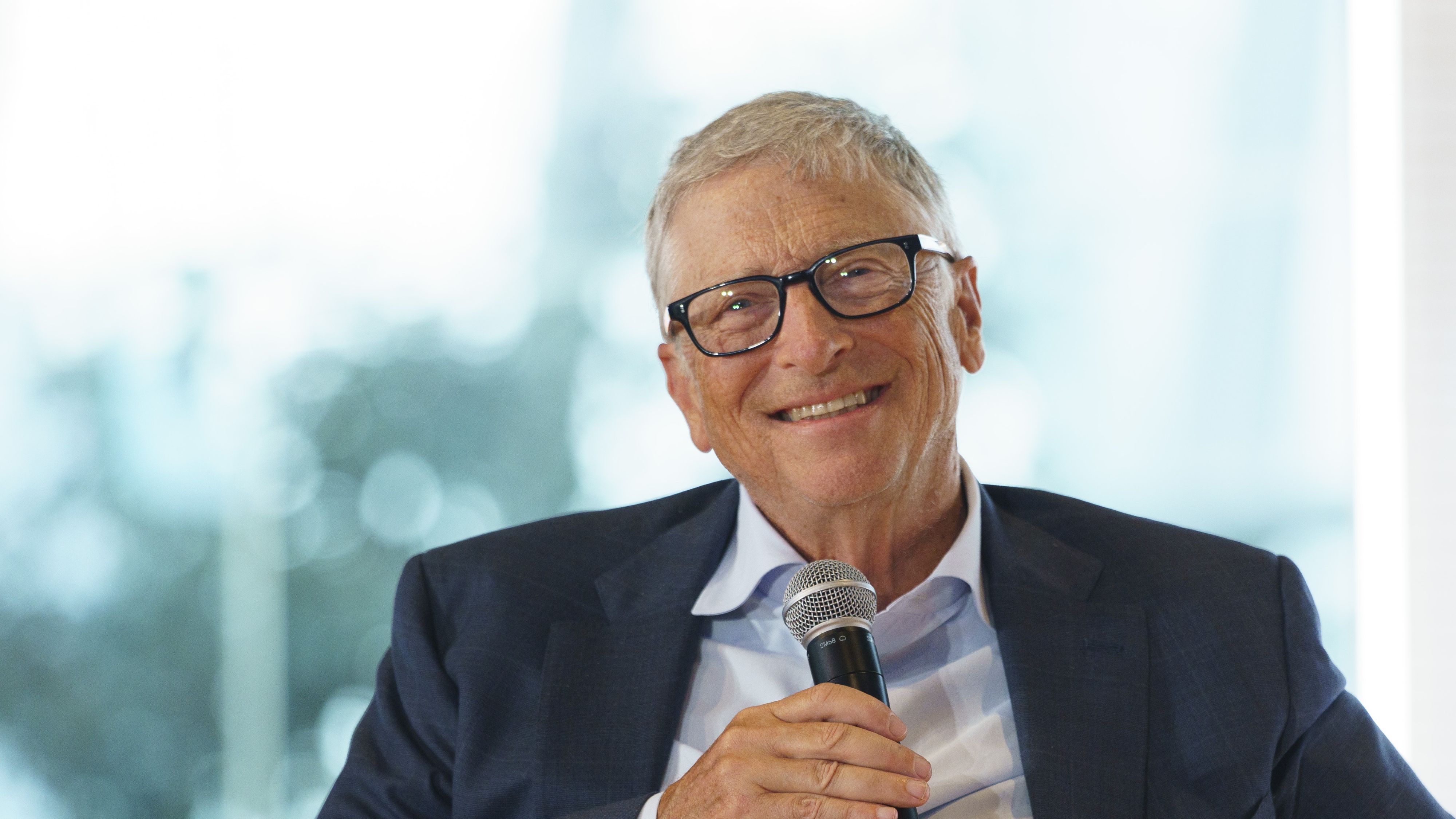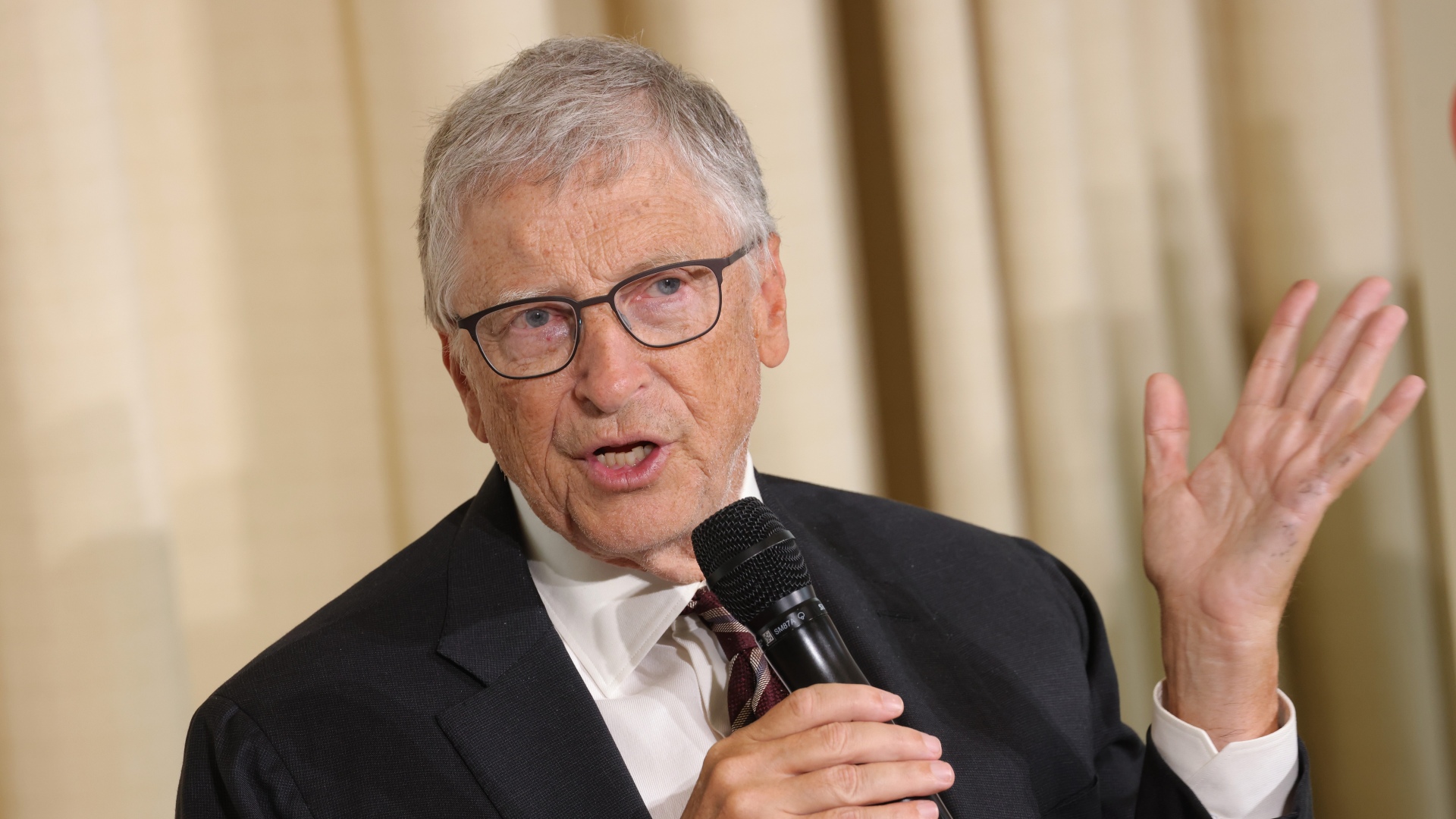
Over the past few years, job security has increasingly become a major concern among most professionals, especially as generative AI becomes more prevalent and gains broad adoption across the world. Of course, this is on top of the security and privacy-related issues.
Leaders in the industry have made bold statements, seemingly predicting the potentially negative impact of AI on jobs. NVIDIA CEO Jensen Huang predicted that coding might be dead in the water as a career with the prevalence of AI. He advised the next generation to chase down different career paths, including biology, manufacturing, education, or farming.
More recently, Anthropic CEO Dario Amodei claimed that AI has a high propensity to slash entry-level white-collar jobs by 50%, leaving Gen Z out of work. The statement has garnered a lot of attention, with executives like Huang dismissing the claim as fear-mongering.
It's apparent that AI is redefining the world, especially when it comes to work, by fully augmenting repetitive and redundant tasks. While this is a great productivity boost for most professions, which leaves them with more time to focus on more complex issues, it is also claiming jobs from some people.
Bill Gates claims programming is future-proofed in an AI-driven world

Microsoft co-founder Bill Gates claimed that AI could replace humans for most things earlier this year. However, he indicated that humans will have the ability to preserve some jobs and activities for themselves, further citing that "no one would like to watch computers playing baseball".
Interestingly, the executive recently made a bold claim about programming being immune to automation using AI during an interview with France Inter (via ELCABILDO). He further indicated that the profession will remain a 100% human profession, even 100 years from now.
This isn't the first time the philanthropic billionaire has discussed certain professions surviving the AI revolution. Earlier this year, the executive indicated that coders, biologists, and energy specialists won't be replaced by generative AI.
Gates argued that these professions are farthest from automation using AI because of their complexity. For programming, the executive says humans are absolutely essential for identifying and correcting errors, refining algorithms, and bolstering AI development. Perhaps more importantly, he claims AI-powered tools can't replicate human creativity and judgment.
Elsewhere, OpenAI's o1 reasoning model is gaining a lot of traction for its exemplary coding capabilities, prompting some users to question the importance of hiring software engineers.
Job security is among the major concerns riddling most people as AI becomes more prevalent and gains broad adoption. Last year, former OpenAI CTO Mira Murati indicated that AI would create new job opportunities while simultaneously killing some professions:
"Some creative jobs maybe will go away. But maybe they shouldn't have been there in the first place — you know, if the content that comes out of it is not very high quality."
In case you missed it, Salesforce CEO Marc Benioff revealed that the company was "seriously debating" hiring software engineers in 2025. More recently, the executive said that the company is leveraging AI technology to do up to 50% of the company's work.
Elsewhere, a separate report suggested that AI has a high propensity to automate 54% of banking jobs, but Google's DeepMind CEO Demis Hassabis doesn't think AI will steal jobs from professionals.
Instead, the executive claimed that AI will supercharge our productivity at work, potentially making us "superhuman." He also argued that certain professions will always be reserved for humans."There's a lot of things that we won't want to do with a machine," he added. Hassabis indicated that patients don't want to be attended to or treated by a robot nurse, since it'll be difficult to show empathy.







